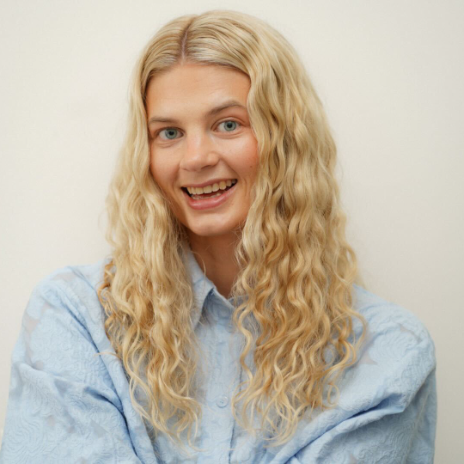What's new?
8 min
iterated left side menu design released 2026 01 28 the following changes have been made to the left side menu the account menu has been replaced with a more menu at the bottom of the screen click the three dots to open the context menu the profile page has been removed to update your profile picture, username, and password, navigate to the more menu the updates have been made as a preparation for upcoming menu additions knowledge base released 2026 01 20 if you have access to the project page, you can now write and share documents with teams or individual users if you receive a push notification, a document has been shared with you you can open the document on the campus page or via the task view learn more about writing documents docid\ xz23dkubzacjranpxvfyx learn more about reading documents docid\ zk7uj6fnqbhalh1mugm c learn more about the docid\ yhdcdcvspnxza1qpl gns knowledge base (beta test) released 2025 12 17 we have assigned one quality manager to write feedback documents through our new platform editor if you see a document on the knowledge base page in campus, it has been specifically sent to you (or the team you're in) it is essential that you read the document, as it contains feedback and information intended for you learn more by reading the docid\ zk7uj6fnqbhalh1mugm c page quick feedback released 2025 11 17 setting up quick feedback options in your project can speed up your review process it helps reviewers give standardized feedback quickly without having to type everything out learn more about how to add quick feedback options docid\ nrzwf0eqx6utnfyuvie8y learn more about how to use quick feedback in the task view docid\ krkomu08gw23lda3tihuh pausing tasks released 2025 11 11 pausing a task lets you start a new one without submitting your current work this is helpful when you need someone else's guidance to complete your current task learn more about pausing tasks and its limitations in the docid 9ywwheurxwn0rclcpe2th default request workflows released 2025 09 17 ensure process consistency in your project by configuring a default docid 5wo8vmpifwyst3v5ltfos you can set this up in the projects settings under the general tab once you've applied a default workflow to your project, all newly created requests will automatically use this workflow there's one exception when you create a request using the "use as template" feature, the new request will inherit the original request's workflow instead read more in docid\ orbcu48bw02l7x2okk3vi


